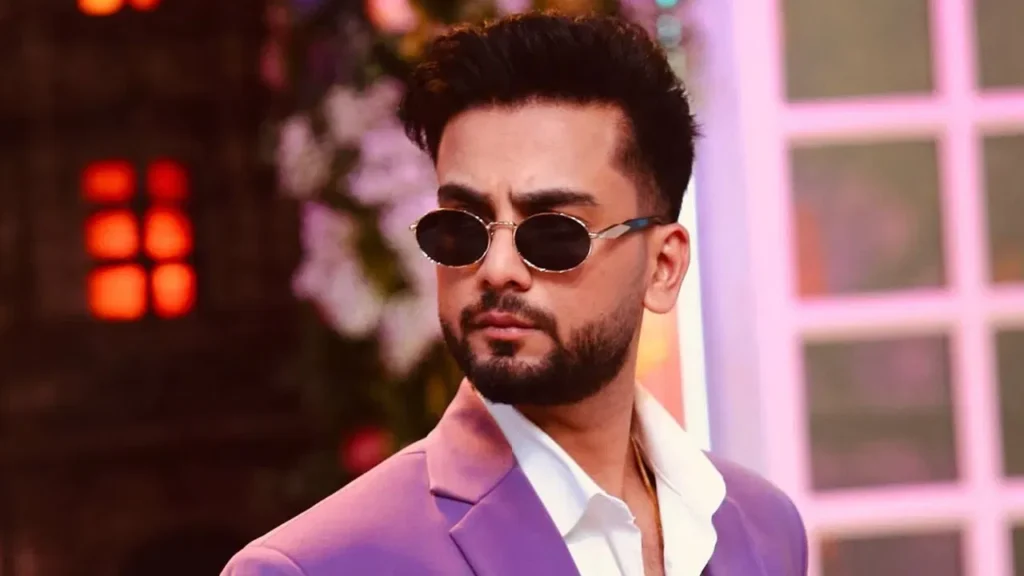Elvish Yadav House Attack: Gang-Related Legal Consequences highlight the serious implications for both perpetrators and victims. Early morning gunfire by masked assailants targeted the YouTuber and Bollywood actor’s residence, although no injuries occurred. The incident underscores the need to examine legal frameworks, law enforcement mechanisms, and preventive strategies for protecting public figures in India.
@Comparing Elvish Attack Firing with other Attacks in India
Legal Framework for Gang-Related Attacks
Under the Indian Penal Code (IPC), multiple sections apply to attacks like this:
-
Section 307: Attempt to murder, if intent to kill is established.
-
Section 324/325: Causing hurt or grievous harm with weapons.
-
Section 120B: Criminal conspiracy, applicable if multiple gang members planned the attack.
-
Section 34: Acts done by several persons in furtherance of common intention.
-
Gang/Organized Crime Provisions: The Gangsters Act (in states like Maharashtra and Delhi) allows for preventive detention and stricter prosecution.
The Elvish Yadav case involves elements of criminal intimidation, extortion, and gang activity, making it a multi-layered legal matter.
Case Study: Elvish Yadav Attack
The Gurugram Police registered a case under the gangster/extortion angle following the Elvish Yadav attack. Evidence includes bullet cartridges, CCTV footage, and the gang’s claim of responsibility. The Himanshu Bhau gang’s public threats add another legal dimension: intimidation of public figures for alleged online promotions, potentially attracting additional charges.
Legal experts note that while the Elvish Yadav attack did not result in casualties, the law considers the psychological impact, fear, and public endangerment caused by such incidents, which can lead to serious prosecution.
Consequences for Perpetrators
Perpetrators of gang-related attacks like the Elvish Yadav attack can face severe legal consequences:
-
Imprisonment: Convictions under Sections 307, 324, or 325 can lead to long-term imprisonment.
-
Heavy Fines: Courts can impose fines to compensate victims for property damage or emotional distress.
-
Preventive Measures: Courts may enforce the Gangsters Act provisions, including restrictions on association and movement.
-
Enhanced Punishment: Use of firearms, targeting high-profile figures, and organized crime activity—as seen in the Elvish Yadav attack—can lead to enhanced sentences.
In India, coordinated attacks on celebrities also fall under special consideration due to their societal impact, making prosecution more stringent.
Challenges in Enforcement
Despite strict laws, enforcing consequences for gang-related attacks like the Elvish Yadav attack presents challenges:
-
Gang Networks: Members often operate from outside India, as Himanshu Bhau is believed to be hiding in the U.S.
-
Evasion Tactics: Masked attackers, quick escapes, and digital anonymity complicate identification and arrest.
-
Resource Constraints: Police require coordination across state lines and cybercrime units to trace threats effectively.
Experts suggest these challenges highlight the need for modernized investigation techniques, including digital forensics and real-time surveillance, especially in cases like the Elvish Yadav attack.
Legal Protection for Public Figures
Legal experts recommend several preventive measures for celebrities and influencers following incidents like the Elvish Yadav attack:
-
Security Protocols: High-risk individuals can implement personal security and surveillance systems.
-
Legal Awareness: Understanding criminal and civil law provisions to respond promptly to threats.
-
Coordination with Police: Filing preventive complaints or anticipating threats can help authorities intervene early.
-
Digital Monitoring: Tracking online threats to prevent real-world attacks linked to social media activity.
Such measures can mitigate risk while strengthening legal recourse in case of incidents like the Elvish Yadav attack.
Expert Opinions
Legal analysts emphasize that gang-related attacks, including the Elvish Yadav attack, are not isolated criminal acts but part of organized crime patterns. They stress that public figures have the right to protection under the law, and perpetrators should face stringent punishment to deter future attacks.
Experts also highlight the need to update legislation to address the evolving intersection between digital promotions and real-world targeting by organized crime, ensuring both accountability and preventive action.
Conclusion
The gang-related attacks and legal consequences of the Elvish Yadav attack in Gurugram demonstrate the complexity of prosecuting organized crime targeting public figures. While law provides multiple provisions for punishment and deterrence, enforcement challenges remain due to gang networks and modern evasion tactics. Legal experts agree that a combination of preventive security, digital monitoring, and strict application of existing laws is essential to protect celebrities, influencers, and high-profile individuals from attacks like the Elvish Yadav attack. This case serves as a blueprint for understanding legal, social, and preventive implications of organized criminal targeting in India.

